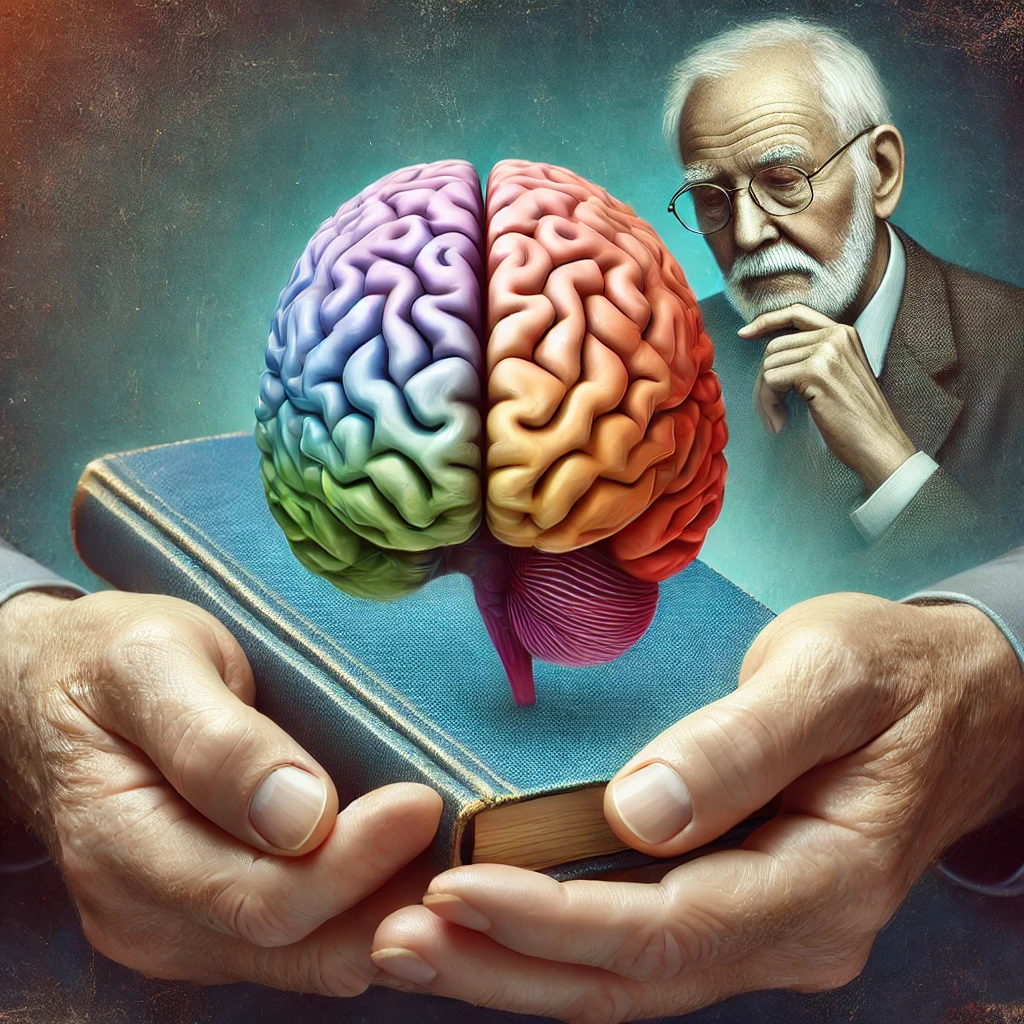Dementia is a progressive brain disorder that impacts cognitive functions such as memory, reasoning, and thinking. While there’s no cure for dementia at present, being aware of the early warning signs can help you or your loved ones receive support early on. By detecting dementia at its onset, it is possible to create a personalized care plan that can significantly improve quality of life.
What is Dementia?
Dementia is not a single disease, but a collection of symptoms that result from various brain disorders. While some memory loss is typical as you age, the memory issues associated with dementia are far more severe and interfere with daily life. Dementia affects one’s ability to remember, perform familiar tasks, and think clearly, leading to difficulties in managing daily routines.
While dementia is most commonly associated with individuals over the age of 65, it is important to note that younger individuals, often in their forties and fifties, can also develop early-onset dementia. Experts are calling this “young onset dementia,” and it’s a growing concern as dementia cases increase globally, with projections estimating that around 82 million people will be affected by the condition within the next decade.

12 Early Warning Signs of Dementia
Recognizing the early signs of dementia is crucial for early diagnosis and intervention. Although these symptoms may appear subtly at first, they become more pronounced as the condition progresses. If you or a loved one exhibit any of the following symptoms, it’s important to speak with a healthcare professional for an assessment:
- Short-Term Memory Loss
Forgetfulness is a natural part of aging, but when someone begins to forget things they would typically remember or misplace objects regularly, it could be an early sign of dementia. For instance, a person might leave keys in unusual places or forget important details like what they had for breakfast.
- Difficulty with Familiar Tasks
Someone with dementia may start struggling with tasks they’ve been doing for years, such as driving to familiar locations, cooking, or even engaging in a favorite hobby. Over time, even the most basic daily tasks may become increasingly difficult.
- Language Problems
Another early warning sign is difficulty with vocabulary. A person with dementia might forget common words or use the wrong terms to describe everyday objects. For example, referring to a “watch” as a “hand clock” could indicate language-related issues.
- Mood Changes
Significant mood swings are often experienced by those with dementia. Anxiety, depression, and irritability can become common, especially during the early stages. If you notice someone exhibiting these mood shifts, it may be time to consult with a healthcare provider.
- Disorientation
Individuals with dementia may experience confusion about time or place, such as forgetting the day of the week or getting lost in familiar surroundings. This can cause significant challenges with independent living and safety.
- Difficulty Following a Conversation
If someone begins to have trouble following conversations or understanding the meaning of words, it may be a sign of dementia. A person may have difficulty participating in group discussions and may become easily frustrated by this communication gap.
- Repetitive Behavior
Repetition is another common symptom. People with dementia may frequently repeat themselves in conversations, or they may repeatedly engage in the same actions, such as shaving or organizing objects in an obsessive manner.
- Loss of Initiative
Apathy or loss of interest in previously enjoyed activities is a hallmark of dementia. This lack of motivation can affect relationships and lead to a noticeable decline in social participation or enthusiasm for hobbies.
- Problems with Abstract Thinking
Abstract thinking is essential for tasks such as balancing a checkbook or solving problems. If someone with dementia begins to have difficulty with these tasks, or even with basic concepts like numbers, it could signal a decline in cognitive function.
- Poor Judgment
Dementia can impair judgment, leading to poor decision-making. This might manifest as neglecting personal hygiene, wearing inappropriate clothing for the weather, or ignoring health issues that need attention.
- Withdrawal from Social Activities
As dementia affects communication and cognitive abilities, the person may begin to withdraw from social interactions. They might avoid attending family gatherings, work events, or social engagements because they struggle to engage in conversations.
- Personality Changes
Drastic changes in personality, such as confusion, suspiciousness, or becoming overly shy, are common early signs of dementia. These changes are often more sudden than those typically associated with the normal aging process.
When to Seek Help
It’s important to remember that many of these signs can be attributed to normal aging, and experiencing one or two of these symptoms doesn’t necessarily mean you have dementia. However, if several of these warning signs are occurring and seem to worsen over time, it’s essential to seek medical attention.
Consulting a healthcare provider early on can help get a proper diagnosis and ensure that the right steps are taken to manage the condition. A neurologist may perform various tests to evaluate cognitive function and determine whether dementia is the cause.
Although there is no cure for dementia, early diagnosis can help with planning and improving quality of life. Ongoing research continues to explore treatment options, and new developments may offer hope for better management and even prevention in the future.
Related Articles
To further support your health and well-being, check out these articles:
- 10 Signs You’re Eating Too Much Sugar
- 7 Words Depressed People Use More Often: How to Recognize the Signs and Offer Support